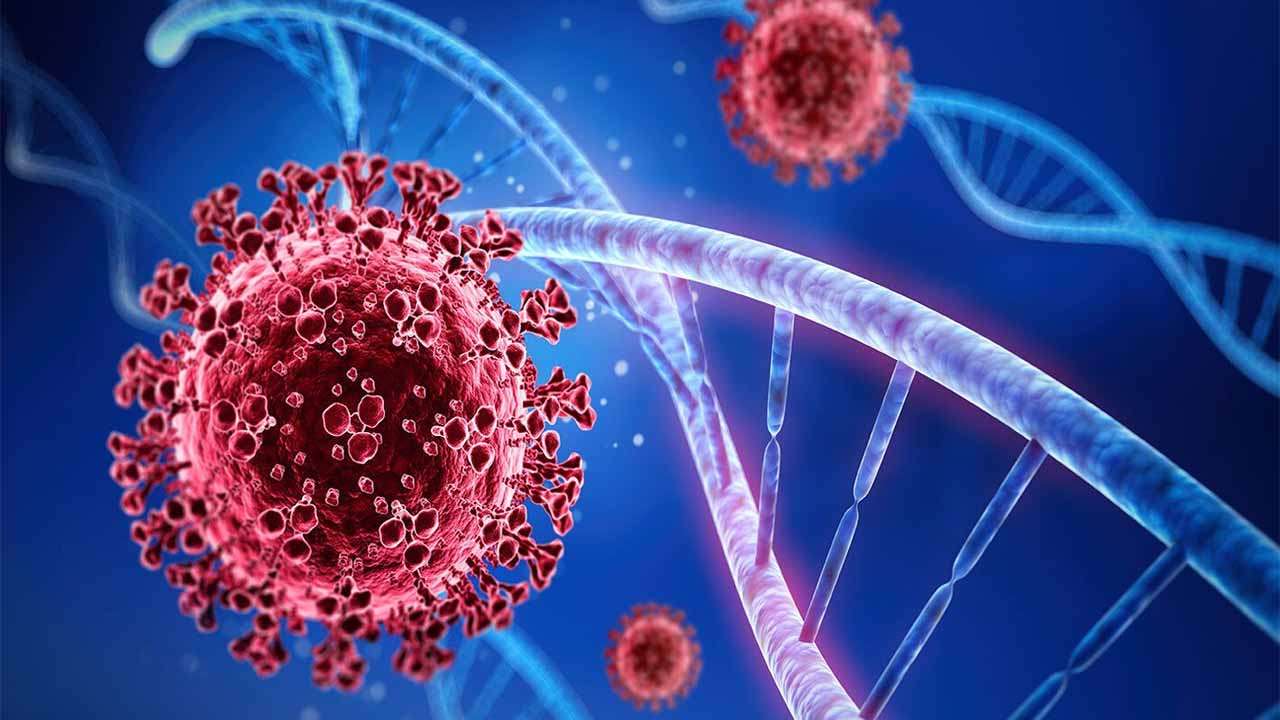
As with earlier variants, the first step to addressing Omicron is prevalent vaccination. Scientists are racing to study more about the new, possibly more contagious strain of COVID-19. Stepping up vaccinations should be a...
As with earlier variants, the first step to addressing Omicron is prevalent vaccination.
Scientists are racing to study more about the new, possibly more contagious strain of COVID-19. Stepping up vaccinations should be a preparatory point for the global response.
Scientists recently notified health establishments of a new COVID-19 mutation. Rapidly identified and shared through ongoing genomic surveillance, the fresh mutation, named Omicron, was labeled a variant of concern by the World Health Organization less than a week after its discovery.
Variants of agitation tend to be othercontagious, more probable to outflow detection, and less amicable to shots and therapeutics. While intercontinental scientists scramble for more information on this latest variant, here’s a quick summary of what you should know:
What are the new variant’s appearances: How infectious is it? Will it lead to stark illness? Will vaccines guard against it? Scientists are still collecting data on many of the variant’s characteristics. However, early findings from South Africa recommend that the variant may be more infectious, while WHO has indicated that there may be an augmented risk of reinfection as compared to other variants (including for people who have been formerly infected). Experts have stated that jaggedly two or three more weeks are needed to better understand many aspects of the new variant—counting the true nature of the variant’s severity, transmissibility, and ability to evade vaccines.
How long will it take vaccine producers to tweak their vaccines to address the variant and improve a booster? While current vaccines may endureworking against the Omicron variant, experts have guided that booster doses may also be needed. Many renowned companies are already concocting to tweak their vaccines to address this concern. A precise timeline vestigeis uncertain, although vaccines that utilize mRNA technology can be reformed more rapidly. According to both Pfizer-BioNTech and Moderna, a novel shot could be bent and permitted within a few weeks, if the outflow is mandatory, with batches shipped within 100 days.
What can individuals do to guard themselves against the new variant? Based on current regulations, the most significant thing an individual can do to diminish transmission and guard themselves against the virus is to get vaccinated. Even as the world expects more information about how effectually the current vaccines will protect against the variant, all the WHO-approved COVID-19 vaccines have been verifiedas effective dosages in thwartingplaininfection and death from the virus.
Not only does vaccination defend an individual from COVID-19 infection, but it alsosafeguards family members, friends, neighbors, and communities by averting the circulation and mutation of the virus. Moreover, individuals should endurefollowing COVID-19 non-pharmaceutical interventions such as sanitizer (washing hands), social distancing, wearing masks, and dodging large crowds.
This has re-emphasized the datum that nobody is safe until everyone is safe, and the COVID-19 virus will remain to mutate and spread particularly in countries where most people are un-vaccinated.
What can developing countries do to concoct for and slow the spread of the new variant? In Asia and the Pacific, where roughlyone-quarter of the population is fully vaccinated, the best resistance developing countries have in contradiction to a surge of the new variant is to speedily implement large-scale vaccination agendas as vaccines become accessible. Supported by current scientific indication and recent lessons cultured, and also in configuration with the investment priorities of foremost development financing institutions, this comprises strengthening surveillance systems to dash adverse epidemiological events and collect data on variants; preparing vaccine service delivery systems for mass vaccination campaigns; and emerging robust and targeted risk message to address vaccine hesitancy and misrepresentation.
As observed in earlier COVID-19 variant anxieties, the widely used RT-PCR tests enduredetecting the Omicron variant successfully. While testing is still the preeminent window into the pandemic and its development, countries should inflate their screening mechanisms and ensure that they have a vigorous testing infrastructure. They should also have the volume to plan for the overview of antiviral medications. Antiviral COVID-19 cures, like the Monulpiravir antiviral medication recently developed by Merck and the Paxlovid pill established by Pfizer, may provide a way to meaningfully reduce hospitalization rates, especially in countries with low vaccination rates.
What should the world highlight as fear of the novel variant spreads? Health evenhandedness should remain significant. That means sending the doses previouslyassured to low and middle-income countries and helping those countries overcome the sprints that prevent doses from reaching people’s arms—such as feeble health care systems with limited logistical, organization, or human resource capacity to implement mass vaccination campaigns.
Health equity also means not punishing transparency. The rapid and translucent reporting of data from different parts of the world prompted global action to cover the variant. It also activated several countries to restrict travel from some parts of the globe. There should be stability between transparency and the outline of travel restrictions. Otherwise, travel boundaries have the potential to harm global assistance and hinder sharing of specimens that could shed light on novel variants. It could also disincentive countries from sharing information with the worldwide scientific community—making the recognition of mutations and other grave information even more stimulating in the future.
With the conspicuous disparities in vaccination rates that occur between affluent and poorer countries, this new variant has signaled an even louder alarm to scale-up vaccination across the globe. We don’t need alternative variants to show us how unified we are. Indeed, the new variant and the pandemic at large have only protected what we already know. This has re-emphasized the fact that nobody is innocuous until everyone is safe, and the COVID-19 virus will endure to mutate and spread predominantly in countries where most people are un-vaccinated.
The only way to win the war alongside the pandemic is to demonstration solidarity and keep working together.









